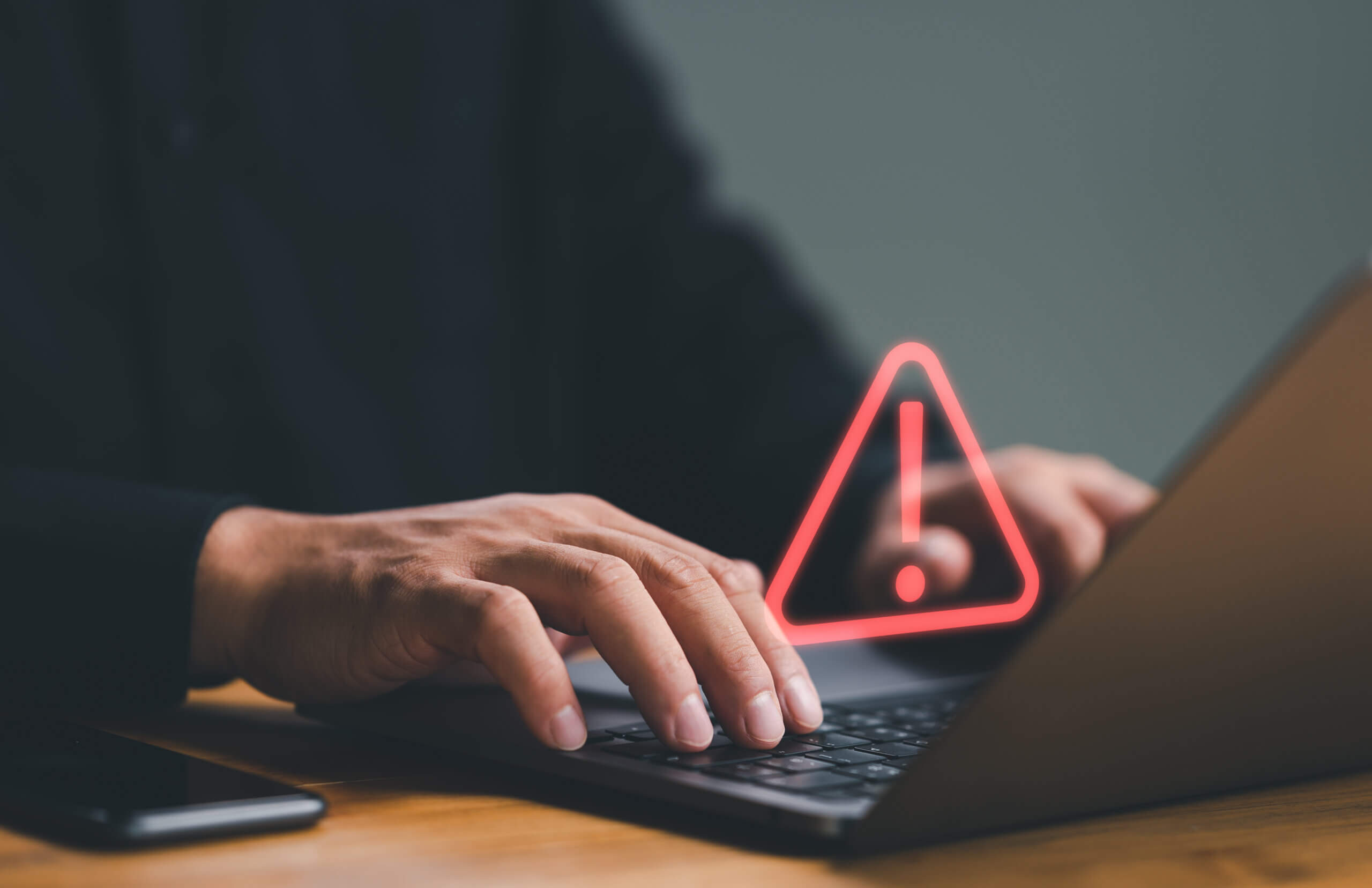In a society dominated by digital interconnectedness, the risks associated with data breaches loom over individuals, businesses, and society at large. A data breach, whether orchestrated by cybercriminals, facilitated by human error, or from technical glitches, represents a critical threat to the security of sensitive information. The ramifications extend past financial losses due to personal, corporate, and regulatory privacy being at risk.
Continue reading to learn the details of a data breach, including what its risks truly are and the measures you can take to help protect yourself from becoming a victim of one.
What Is a Data Breach?
A data breach is an incident where sensitive, confidential, or protected information is disclosed and accessed without authorization. The type of data disclosed could involve anything personal, such as names, addresses, Social Security numbers, and financial data. This could also pertain to business information such as trade secrets and customer data. Breaches can occur due to various reasons, including cyberattacks, hacking, employee negligence, physical loss of devices, and social engineering to name a few.
Risks of a Data Breach
Data breaches pose numerous risks, including identity theft, financial loss, repetitional damage, legal and regulatory issues, and data manipulation.
Identity Theft
Identity theft occurs when someone wrongfully obtains a person’s sensitive information. This can include information such as Social Security numbers, birth dates, credit card numbers, and bank account details. Stolen personal information can be used to impersonate individuals, opening the door to identity theft and fraud.
Financial Loss
Breached financial data, such as credit card numbers or bank account details, can result in unauthorized transactions and financial losses for individuals and businesses. This can also lead to costs associated with repairing negatively impacted credit.
Investing in identity and credit monitoring services offered by IdentityIQ allows individuals to feel secure, knowing their information is protected at all times. IdentityIQ offers 24/7 monitoring and sends you real-time alerts when possible suspicious activity is detected.
Reputational Damage
Companies may suffer reputational harm due to a breach, often resulting in loss of customer trust, negative publicity, and decreased future business opportunities. This could cause the business to face operational disruption which leads to downtime, loss of productivity, and increased recovery costs. These issues can cause great difficulty in attracting new customers.
Legal and Regulatory Issues
Organizations may face legal liabilities, fines, and regulatory penalties for failing to protect sensitive data in compliance with privacy laws and regulations. New regulations may even require stricter data security measures.
Intellectual Property Theft
Breached intellectual property, trade secrets, or proprietary information can be stolen and used by competitors, essentially undermining a company’s competitive advantage.
How to Help Protect Yourself from a Data Breach
While the threat to your personal security can be extremely unsettling, regular privacy scans, strong passwords and authentication, updated software, and being mindful as to what you share online, are major preventative measures you can practice daily to significantly help mitigate this risk.
Regular Privacy Scans
When it comes to finding out where your personal information is leaked online, you have a few options:
- Use a service that scans the web for your exposed personal information, such as your email address or phone number, and requests removal of it on your behalf.
- Manually search the internet for your personal details and request removal. You can typically do this by visiting the website hosting your information and navigating to their privacy or contact page. From there, you can usually find instructions or contact forms to request removal of your data.
Strong Passwords and Authentication
It is very important to create unique, complex passwords for each online account and change them regularly. Consider using a reputable password manager to securely store and manage your passwords. Additionally, enable two-factor authentication whenever possible to add an extra layer of security to your accounts. This typically involves receiving a one-time code on your phone or email to verify your identity.
Secure Devices and Software
Regularly update your operating system, web browsers, antivirus software, and other applications to patch security vulnerabilities and help protect against known threats. Secure your Wi-Fi networks by using strong encryption (WPA2 or WPA3) and a unique password to help prevent unauthorized access. Avoid using public Wi-Fi networks for sensitive transactions or data.
Be Mindful When Sharing Online Information
Limit the amount of personal information you share online and on social media platforms. You should try to avoid oversharing details such as your full birthdate, address, or financial information. You should also avoid easy guessable security questions.
Bottom Line
The risks associated with data breaches show why strong cybersecurity measures are so crucial. As shown by the far-reaching consequences on individuals, businesses, and society as a whole, the impact of a data breach extends well beyond immediate financial losses. From identity theft and reputational damage to legal liabilities and operational disruptions, the aftermath of a data breach can be profound and enduring.
Remember to take proactive measures and stay vigilant so you can enjoy the digital world without compromising your privacy and security. Start by investing in IdentityIQ credit monitoring services for complete financial and identity protection.

